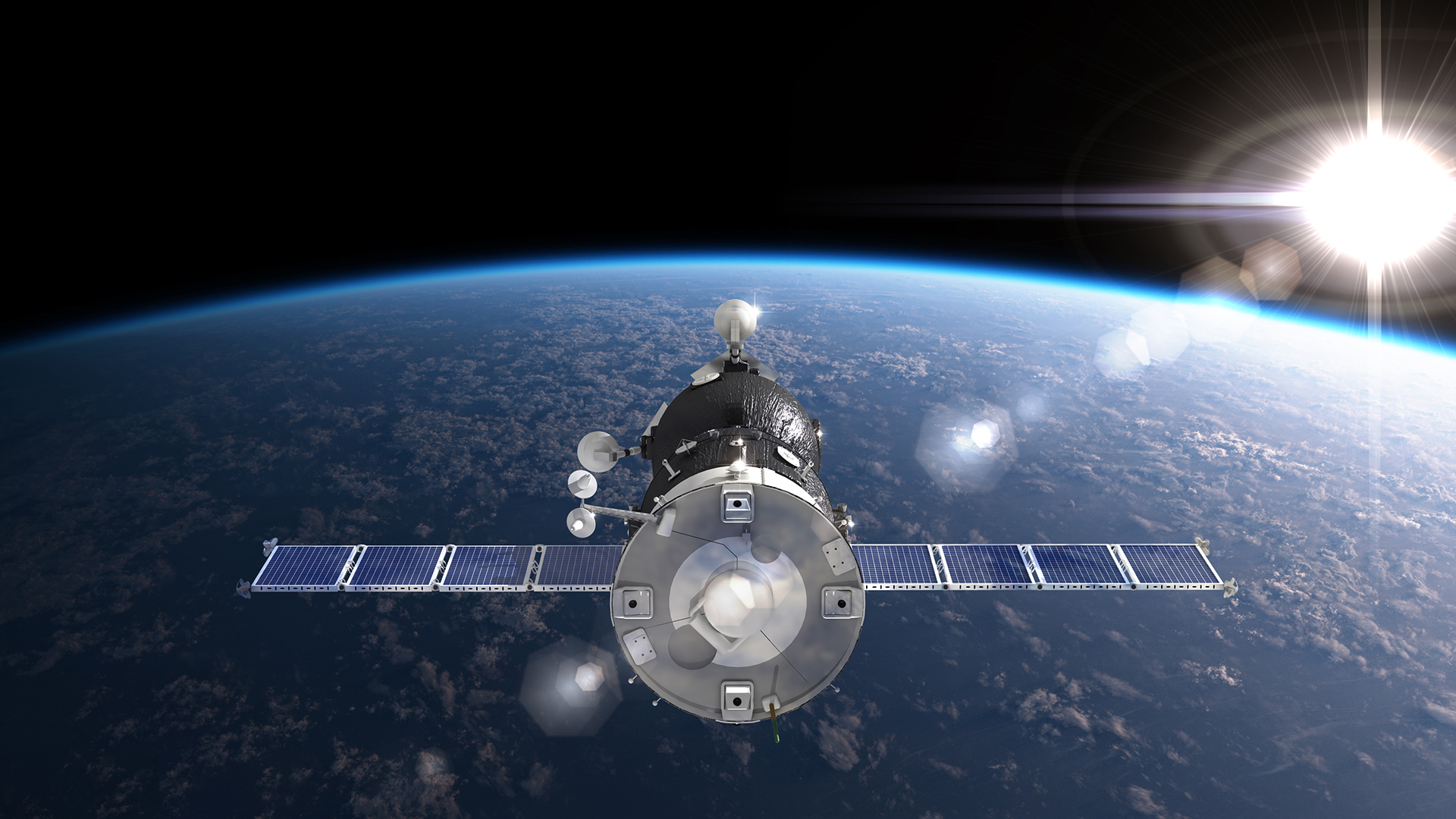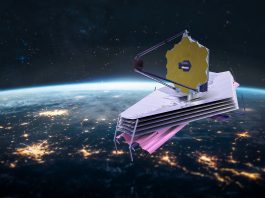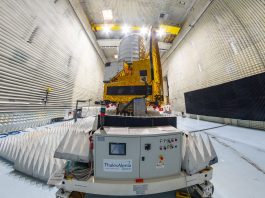The UK Space Agency has published the Space Exploration Technology Roadmap, which details 11 critical technologies to make the UK a global leader in space exploration.
The Space Exploration Technology Roadmap will guide the UK space industry to benefit from the commercialisation of space exploration and the global space economy, which is expected to be worth $1tr by 2040.
It identifies 11 technological gaps that, if addressed, can strengthen collaboration between the country’s space sector and international partners such as NASA, the European Space Agency, and JAXA.
These space technologies include:
- Advanced Manufacturing;
- Autonomy & Artificial Intelligence;
- Communications & Mission Operations;
- In Situ Resource Utilisation;
- Life Support & Crew Performance;
- Navigation & Sensing;
- Propulsion;
- Robotics;
- Sample Curation;
- Science Instrumentation; and
- Space Nuclear Power.
Commenting on the Space Exploration Technology Roadmap, Dr Paul Bate, the CEO of the UK Space Agency, said: “Discovery is fundamental to the work of the UK Space Agency, and we are entering a new era of space exploration where governments and commercial operators are working closer than ever before.
“By setting out this roadmap, we are giving clarity to industry and researchers across the space sector and positioning the UK as a partner of choice for future space exploration missions to the Moon, Mars and beyond.”
How will the Space Exploration Technology Roadmap support the industry?
The Space Exploration Technology Roadmap recognises a range of technologies and necessary support to optimise their implementation.
Autonomy and AI will be advanced under the roadmap. These technologies are vital for enhancing the capability and efficiency of space missions.
For example, autonomous navigation enables spacecraft to explore exoplanets and moons without continuous human control back on Earth or in orbit. Autonomy will also be crucial for expanding commercial satellites in low Earth orbit.

Nuclear power has also emerged as an essential avenue to future space exploration. Nuclear energy will provide a reliable and abundant power source to help build infrastructure as humanity returns to the Moon and ventures to Mars, helping to fuel construction, power, heating and life support.
The Space Exploration Technology Roadmap also fosters collaboration with leading UK space organisations to analyse each of the proposed technologies to speed up development time.
The roadmap aligns with the National Space Strategy and will act as a brochure for the UK sector to attract foreign investment.
Multiple projects will receive backing
Multiple UK projects will be supported under the Space Exploration Technology Roadmap, including the Lunar Pathfinder.
This cutting-edge spacecraft developed and operated by Surrey Satellite Technology will be a cornerstone aspect of the European Space Agency’s Moonlight project.
The project’s goal is to establish a network of satellites for communication and navigation services on the Moon.
The UK-led Rosalind Franklin Rover is also highlighted in the roadmap, which is scheduled to launch to Mars in 2028 alongside Nammo’s satellite propulsion system and the University of Glasgow’s novel pulse elevator technology.









